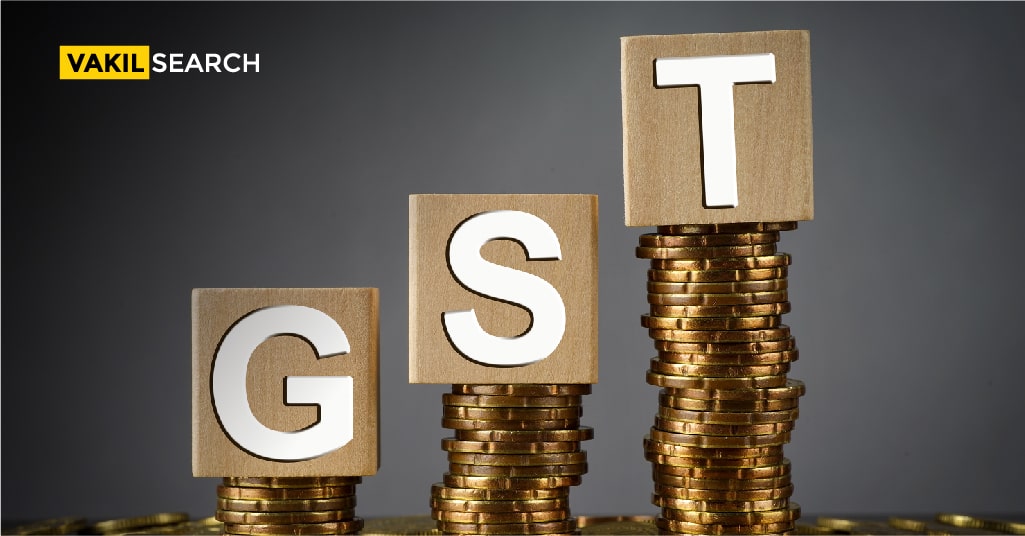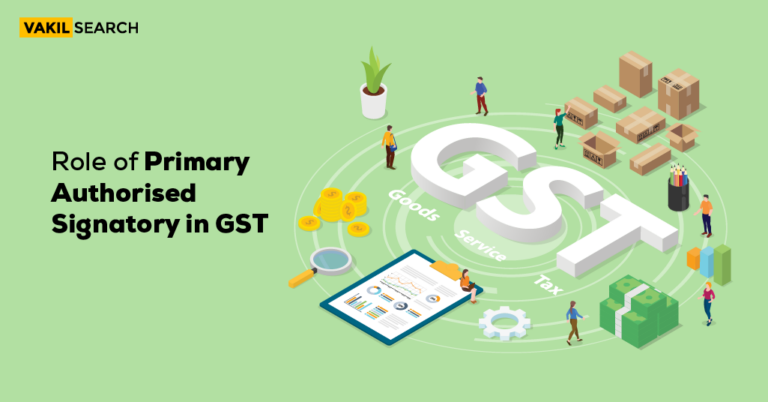In order to strengthen the government's campaign to root out tax evasion, GST has included rigorous rules for investigating and interrogating suspected tax evaders. The power of inspection, search, and seizure under GST will be examined in this article.
The purpose of introducing the GST regime was to bring more simplicity and uniformity into India’s indirect taxation mechanism. In pursuance of that aim, the government has devised additional provisions for inspection, search, and seizure to curb rampant tax evasion. GST officers and GST inspector salary have the power to conduct raids, and searches, and take any other measure as they may deem fit to prevent fraud and malpractice.
What Happens If You Don’t Pay GST?
There are two situations in play here: the first is late filing and the second is the refusal to file or pay returns.
Late filing of GST Returns is detrimental to your business as it attracts a hefty fee that cannot be avoided. Moreover, for instance, the late fee for delay in furnishing of FORM GSTR-3B and FORM GSTR-1, per return is capped on the basis of annual turnover as follows:
- For taxpayers having Nil tax liability, the late fee is capped at ₹500 (₹250 CGST + ₹250 SGST)
- For taxpayers having an annual aggregate turnover of up to ₹1.5 crores in the preceding year, a maximum late fee of ₹2000 is levied (₹1000 CGST+₹1000 SGST)
- Further, for taxpayers having an annual aggregate turnover of ₹1.5 crores to ₹5 crores in the preceding year, a maximum late fee of ₹5000 is levied (₹2500 CGST+2500 SGST)
- For taxpayers having an annual aggregate turnover of above ₹5 crores in the preceding year, a maximum late fee of ₹10,000 is levied (₹5000 CGST+ ₹5000 SGST)
In case a taxpayer does not file his GST returns at all, then they are barred from filing their subsequent returns as well. For example, if you don’t file the GSTR-2 form for August, you cannot file the GSTR-3 form and the rest that follow as well. This leads to a cascading effect of non-compliance which ultimately results in hefty fines and penalties being levied.
How Do I Become a GST Inspector?
To become a Goods and Service Tax Inspector, an individual must be selected through the staff selection commission, via the SSC CGL examination. To be eligible for the exam, candidates must have a Bachelor’s degree from a recognized institution.
The SSC CGL exam tests candidates on GK, English, arithmetic, and reasoning. After the written examination, candidates must also pass an interview, physical fitness test, and medical examination.
What Are GST Officers Authorised to Search?
- An authorized officer may seal the searched premises to prevent the entry of people
- He or she may break open the doors leading to the premises if the owner denies permission to enter
- Furthermore, they have the power to break open cupboards, boxes, and drawers within premises where the suspected goods are hidden.
Raids Under the GST Regime
All GST raids and searches must occur as per Section 100 of the Criminal Procedure Code of 1973. A raid occurs when a central or state joint commissioner has reason to suspect that someone is evading taxation or claiming extra ITC.
A raid occurs through an inspection of the premises of such individuals. It involves both search and seizure of goods. Even documents may be confiscated by authorized officers. The officers may also seal the inspected premises after a raid to ensure that the evidence in the scene is not tampered with.
Arrest Under the GST Regime
The term ‘arrest’ is not defined in the GST Act. Arrests are made when an individual has committed a severe tax offence. Usually, arrests are made when the offences committed fall under Section 132-1 subsection A to D, and Section 132-2 of the GST Act. Generally, this happens when tax evasion exceeds ₹2 crore rupees.
Find out how much GST you need to pay before registering for GST without a GST calculator Online
Seizure Under the GST Regime
A GST seizure can be conducted by a GST inspector salary by filing Form GST INS-02. While the term ‘seizure’ is not defined anywhere in the act, we can infer that it includes any act wherein a competent authority takes over the possession of either an object or person via lgal proceedings. Simply put, it refers to the process of forcefully taking possession of something or someone without the owner’s permission but with prior legal sanction.
Prevention is always better than cure. If you don’t want to be subject to a GST officer’s powers of inspection, search and seizure, always file your Goods and Service Tax returns on time. Vakilsearch can help fulfil all your GST obligation Don’t hesitate, get in touch with our experts today!










